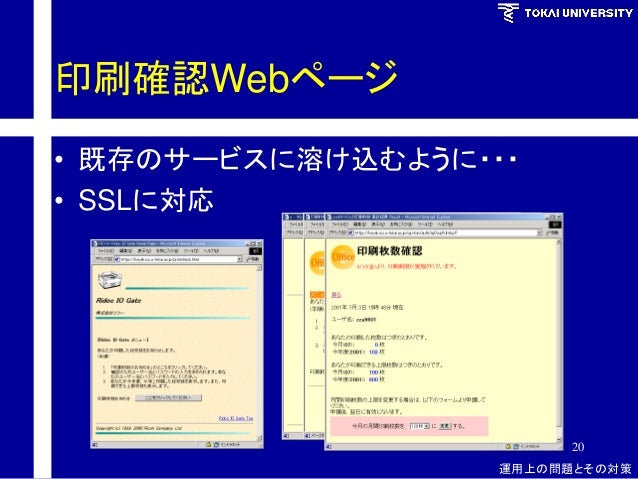

“In the 2016 period, 26 of 179 individuals (14.5%) who died of an overdose were recently incarcerated compared with 9 of 157 individuals (5.7%) in the 2017 period, representing a 60.5% reduction in mortality (RR, 0.4 95% CI, 18.4%-80.9% P = .01). The total number of admissions and releases from incarceration were similar over time however, the provision of naloxone to inmates after release from incarceration declined, and the monthly receipt of MAT after release from incarceration increased.” ( Green et al., 2018) For decedents who were recently incarcerated, there were no statistically significant differences in characteristics of those decedents in 2016 vs 2017. Most deaths from overdose were fentanyl-related. Characteristics of decedents included in the 2017 group were generally comparable with those of decedents in 2016, but the 2017 group was slightly older and less likely to be of white race/ethnicity. “Statewide in Rhode Island, there were 179 overdose deaths from January 1, 2016, to June 30, 2016, compared with 157 overdose deaths during the same period in 2017, a reduction of 12.3%. More information on the program can be found in the news articles here and here. In the context of a population with OUD prevalence much higher than the general population and at a significantly greater risk of opioid-related overdose death upon release from incarceration, screening for OUD followed by treatment with MOUD in criminal justice settings is a promising strategy to effectively treat OUD and reduce overdose deaths.
Preliminary results may suggest that this program reduced overdose deaths by 61%. There are programs in place to ensure a smooth transition when the person is released so that there is no interruption of MOUD and counseling. Those that are incarcerated while already maintained on a MOUD regimen will be continued on that regimen. A behavioral health provider with statewide capacity to provide MOUD after release was contracted to help run the program in November 2016, and all sites were operational by January 2017. This initiative began in July 2016 by the Rhode Island Department of Corrections (RIDOC), a unified prison/jail. Rhode Island is currently the only state that screens every person who comes into the correction system for opioid use disorder (OUD) and offers all three forms of medications for opioid use disorder (MOUD) – buprenorphine, methadone, and extended-release naltrexone – in conjunction with counseling.


 0 kommentar(er)
0 kommentar(er)
